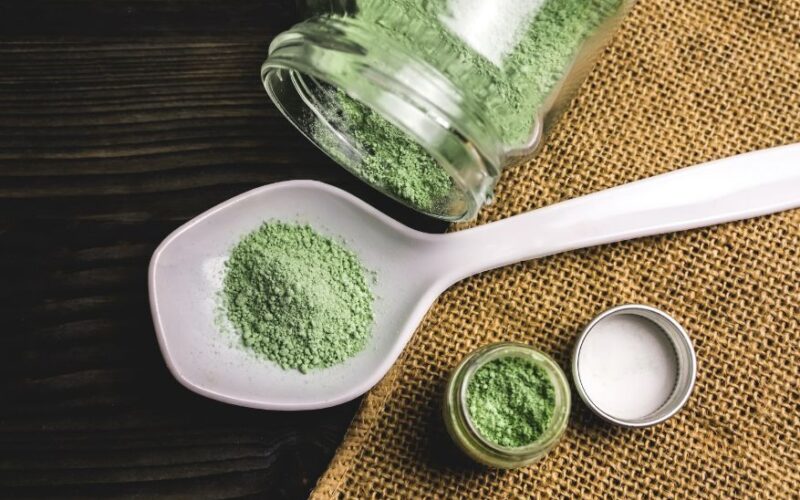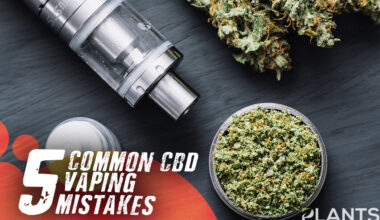Depression and Post-Traumatic Stress Disorder (PTSD) are two of the most common mental health conditions affecting people worldwide. While traditional medications and therapy can be effective in managing these conditions, they often come with negative side effects and may not be suitable for everyone. Kratom is a natural remedy that has gained popularity for its potential benefits in managing mental health conditions such as depression and PTSD. But what is kratom, and how can it help?
Kratom is a tropical tree native to Southeast Asia, and its leaves contain several active alkaloids, including mitragynine and 7-hydroxymitragynine. These alkaloids interact with the brain’s opioid receptors, leading to pain relief, relaxation, and mood enhancement. As a result, kratom has gained attention as a potential natural remedy for mental health conditions like depression and PTSD.
Depression is a common mental health condition characterized by persistent feelings of sadness, hopelessness, and loss of interest in activities. While traditional antidepressant medications can be effective in managing depression, they often come with side effects such as weight gain, sexual dysfunction, and gastrointestinal problems. Kratom is an alternative that may provide relief without these negative side effects.
Studies have shown that kratom can have antidepressant effects. In one study, participants who took kratom reported significant improvements in their mood and reduction in depressive symptoms. Additionally, many participants reported improved quality of life and increased energy levels.
PTSD is a mental health condition that can develop after experiencing or witnessing a traumatic event. Symptoms of PTSD can include flashbacks, nightmares, anxiety, and mood swings. While traditional therapy and medication can be effective in managing PTSD, they may not be suitable for everyone. Kratom is a natural remedy that may provide relief from some of the symptoms of PTSD.
Studies have shown that kratom can help alleviate symptoms of PTSD, including anxiety and depression. In one study, participants who took kratom reported significant reductions in anxiety and depression symptoms, as well as improvements in their overall quality of life.
One of the benefits of using kratom for mental health conditions is that it can be taken in different forms, including capsules, powder, or tea. The recommended dosage varies depending on your weight, tolerance, and experience with kratom. It’s important to start with a small dose and gradually increase it until you find the right dosage for you.
Many people prefer using kratom capsules for mental health management because they are easy to take and convenient for on-the-go use. However, capsules can take longer to take effect than tea or powder.
To make kratom tea, add the desired amount of kratom powder to boiling water and let it steep for about 10-15 minutes. You can also add honey, lemon, or other natural sweeteners to improve the taste. Kratom powder can also be added to food or drinks for easier consumption.
While kratom can be an effective natural remedy for mental health conditions like depression and PTSD, it’s important to remember that it’s not a cure. Mental health conditions often require a multidisciplinary approach to treatment, which may include therapy, lifestyle changes, or other medications in addition to natural remedies like kratom.
It’s also important to be aware of the potential risks and limitations of using kratom for mental health management. Kratom is not regulated by the FDA, so it’s important to purchase from a reputable source to ensure quality and purity. Additionally, kratom can interact with other medications, so it’s important to consult with a healthcare professional before use.
In conclusion, kratom has potential as a natural remedy for managing mental health conditions like depression and PTSD. Its natural mood-enhancing and relaxation properties make it an attractive option for those looking for an alternative to traditional medications with negative side effects. However, it’s important to
Medical Disclaimer:
The information provided in these blog posts is intended for general informational and educational purposes only. It is not a substitute for professional medical advice, diagnosis, or treatment. Always seek the advice of your physician or other qualified healthcare provider with any questions you may have regarding a medical condition. The use of any information provided in these blog posts is solely at your own risk. The authors and the website do not recommend or endorse any specific products, treatments, or procedures mentioned. Reliance on any information in these blog posts is solely at your own discretion.







